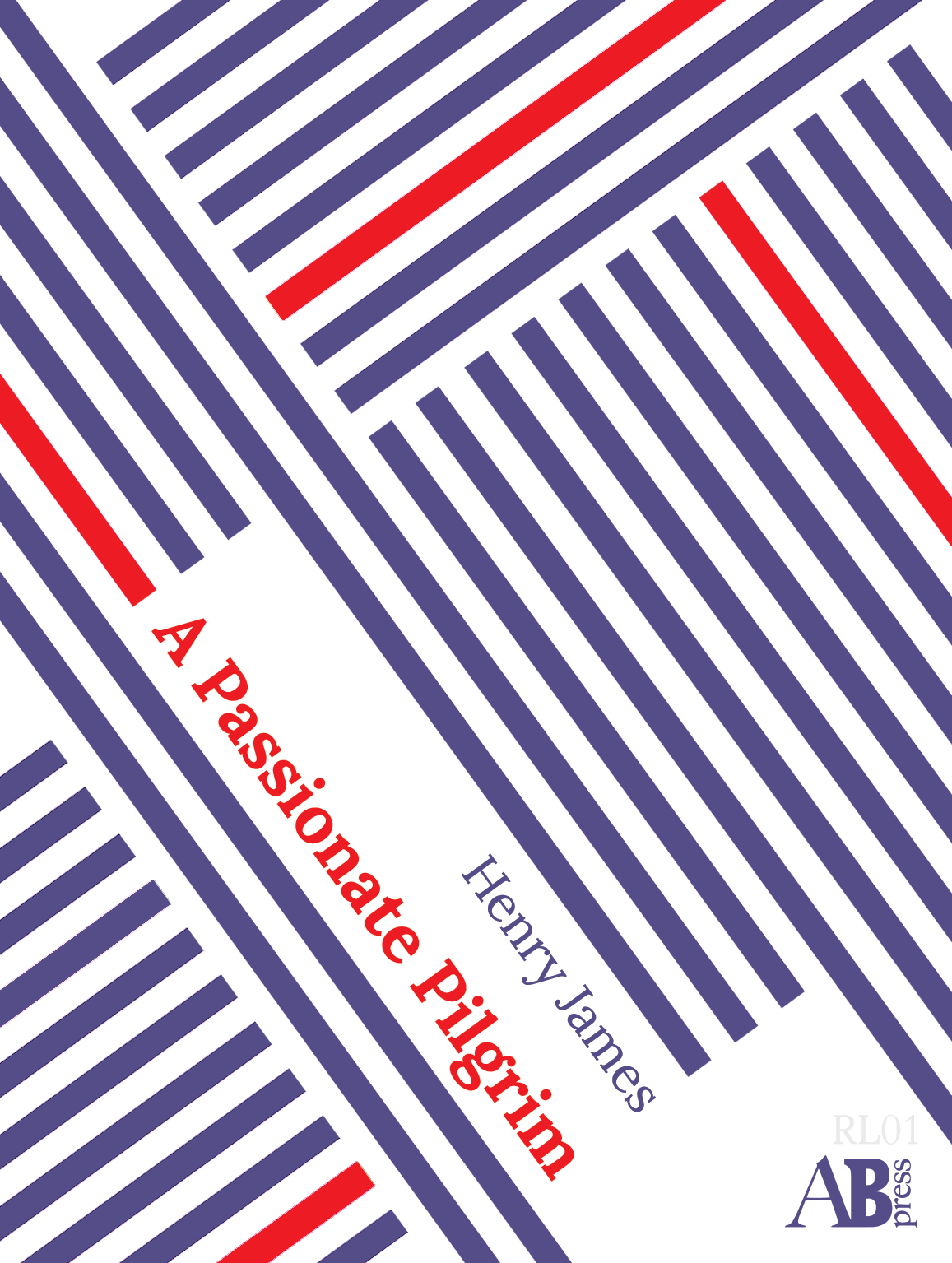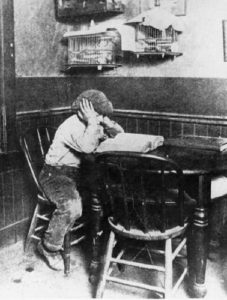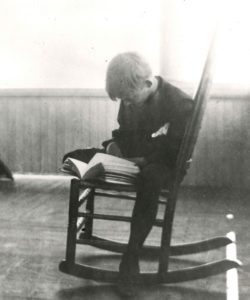Biography
 HENRY JAMES (1843 – 1916) is considered to be one of the greatest novelists in the English language, a link between literary realism (he admired Balzac before all others) and modernism. He wrote also much literary criticism, travel, biography and autobiography. He was born in New York City and had a broad education that included much travel. He began to study law at Harvard but abandoned this to pursue his literary interests. He stayed in Europe throughout 1869; when in England he met many of the great writers of the time. He returned to Europe in 1875. He settled in England a year later where he stayed for the rest of his life. His first novel, Watch and Ward, was published in 1871. Transatlantic fame came with Daisy Miller and The Europeans, both published in 1878; The Portrait Of A Lady followed in 1881. Literary success eluded James throughout much of the 1880s and 1890s though – his writing had always focused on character rather than plot – and he turned to translation and theatrical writing to make money. By the 1900s his writing was at its most mature with a prose far more allusive than before, and it met critical acclaim. From 1904 he concentrated more on writing memoir and travel, and edited previous work. James took British nationality in 1915 and was awarded the Order of Merit in 1916.
HENRY JAMES (1843 – 1916) is considered to be one of the greatest novelists in the English language, a link between literary realism (he admired Balzac before all others) and modernism. He wrote also much literary criticism, travel, biography and autobiography. He was born in New York City and had a broad education that included much travel. He began to study law at Harvard but abandoned this to pursue his literary interests. He stayed in Europe throughout 1869; when in England he met many of the great writers of the time. He returned to Europe in 1875. He settled in England a year later where he stayed for the rest of his life. His first novel, Watch and Ward, was published in 1871. Transatlantic fame came with Daisy Miller and The Europeans, both published in 1878; The Portrait Of A Lady followed in 1881. Literary success eluded James throughout much of the 1880s and 1890s though – his writing had always focused on character rather than plot – and he turned to translation and theatrical writing to make money. By the 1900s his writing was at its most mature with a prose far more allusive than before, and it met critical acclaim. From 1904 he concentrated more on writing memoir and travel, and edited previous work. James took British nationality in 1915 and was awarded the Order of Merit in 1916.
If A Passionate Pilgrim is perhaps not significantly better than much else of James’ early work (those that the author had chosen not to include in his own collected edition), it is an important part of his literary apprenticeship. It has the hallmark of James’ mature style and manner. The novel’s central character who we first meet in a London inn, is a frail American exile in England, Clement Searle. His life in America has disappointed, and he is depressed that he is unable to authenticate his claim to a country estate owned by a distant relation. At play is another typical Henry James theme: the unrealised moment of a desired and ‘passionate’ experience.
A Passionate Pilgrim was published originally in The New Atlantic in 1871, and came out in book form only in 1875 with a collection of other short stories. In 1884 Tauchnitz published a continental edition, revised by James; it was published in England in 1885, revised yet again by the author.





 Allen Lane, the founder of Penguin books, was a man who liked to be seen riding a virtuous horse though his spurs were as sharp as an abacus: money was his game and he chanced to sell his new Penguin range through his Penguincubator in 1937, in tobacconists alongside newspapers and boiled sweets, also a few placed as concessions in branches of F. W. Woolworth’s. One Penguincubator was commissioned at Charing Cross Station, placed next to a machine vending cigarettes. (6d the price of a packet of fags, 6d the price of the first Penguins, though am not sure if Lane had thought through how you were supposed to keep the books alight without a filter.) Booksellers in the Charing Cross locality objected to the Penguincubator and it was removed. It would seem that they were never successful in any case.
Allen Lane, the founder of Penguin books, was a man who liked to be seen riding a virtuous horse though his spurs were as sharp as an abacus: money was his game and he chanced to sell his new Penguin range through his Penguincubator in 1937, in tobacconists alongside newspapers and boiled sweets, also a few placed as concessions in branches of F. W. Woolworth’s. One Penguincubator was commissioned at Charing Cross Station, placed next to a machine vending cigarettes. (6d the price of a packet of fags, 6d the price of the first Penguins, though am not sure if Lane had thought through how you were supposed to keep the books alight without a filter.) Booksellers in the Charing Cross locality objected to the Penguincubator and it was removed. It would seem that they were never successful in any case.